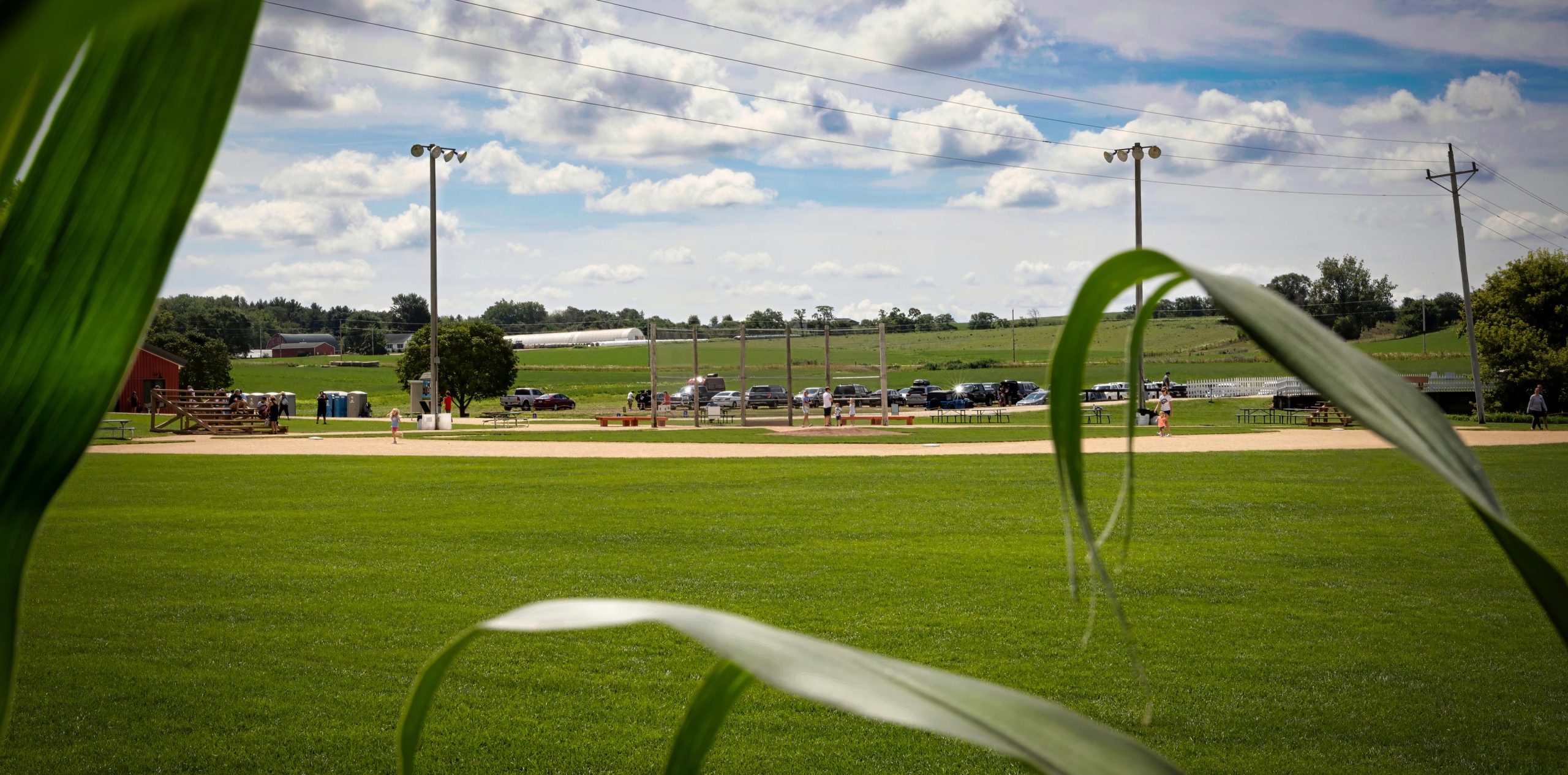From being labelled a “shoebox of PDFs” to having its planned updates blasted by the medical community, it’s been a rough year for Australia’s national digital health system.
One in three GPs say they’ve never used or rarely used the government’s $2.5 billion My Health Record – and that’s likely a conservative estimate.
According to the Productivity Commission, less than 2% of documents on the record get checked by doctors.
In that same report, the commission described My Health Record as a “shoebox of PDFs” that was “plagued by incomplete records and poor useability”.
The RACGP is now calling for an overhaul of the record to make it more useful for doctors, as updates focussed on patient access wait in the wings.
“GPs can spend a whole consultation going in and out of different platforms – such as safe script, referral software, My Health Record – and none of it is integrated [into practice software],” RACGP president Dr Nicole Higgins told The Medical Republic.
“It costs money and it … reduces access for patients.”
One of the more frustrating aspects of My Health Record for GPs, Dr Higgins said, was that there was already a recognition on the Department of Health and Aged Care’s part that it needed to be overhauled.
In late 2023, DoHAC announced it would make it mandatory for pathology providers to upload results to My Health Record from December 2024 and that it would also remove the seven-day delay on patients being able to access their records.
This came with a price tag of $500m over two years.
While the first part of the plan was broadly welcomed, the move to drop the seven-day delay was opposed by medical groups like the Royal College of Pathologists of Australasia and the RACGP.
Related
There have been limited updates on the expected timeline for the implementation of these changes.
On the DoHAC consultation page, which was last updated in May, it stated that legal obligations to upload pathology to My Health Record would be in place from December 2024 and that the seven-day delay was “expected” to be in place in 2024.
It promised more specific implementation timeframes following consideration of advisory group feedback.
The official DoHAC page describing the changes, which was last updated in July, does not make any predictions.
“My Health Record [usability], specifically, was a focus of the Strengthening Medicare Taskforce and the digital health strategy,” Dr Higgins said.
“There is a recognition that it needs overhauling, and there’s work being done, and there’s money being invested – but [the GP experience] needs to be a priority to make sure that it’s usable.”
The key useability features that the RACGP are calling for include interoperability with practice software, notifications that go to a patient’s GP when their record is updated and automated data capture from GP records, with patient consent.






